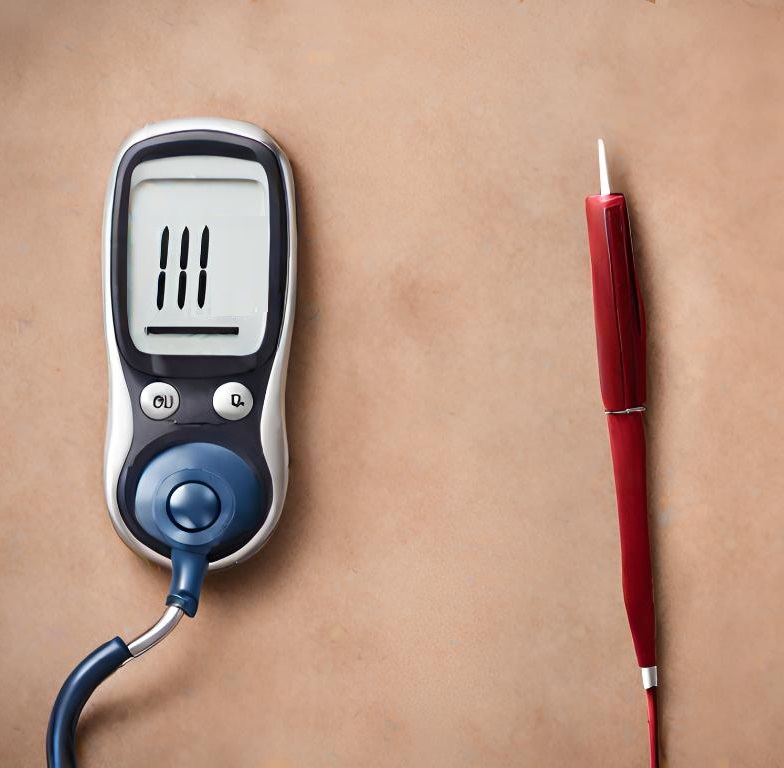What is diabetes and who is a diabetic person
Diabetes is a chronic medical condition characterized by high levels of glucose (sugar) in the blood. A person is considered diabetic when their body either does not produce enough insulin or does not use insulin effectively. Insulin is a hormone produced by the pancreas that helps regulate blood sugar levels and allows glucose to enter cells for energy. There are different types of diabetes, including type 1 diabetes, type 2 diabetes, and gestational diabetes. A diabetic patient is someone who has been diagnosed with diabetes and requires ongoing medical management to control their blood sugar levels and prevent complications associated with the condition.
Can A diabetic person eat Grapes?
Yes, a diabetic can eat grapes, but it’s important to consume them in moderation and consider their impact on blood sugar levels. Grapes contain natural sugars, so it’s advisable to monitor portion sizes and incorporate them into a well-balanced meal plan. Additionally, opting for smaller, darker varieties like red or black grapes may be beneficial due to their higher antioxidant content. As always, consulting with a healthcare provider or dietitian for personalized advice is recommended.
Which fruit is good for a diabetic person and which fruit A diabetic person should avoid and why?
Fruits that are generally good for diabetic patients include berries (such as strawberries, blueberries, and raspberries), apples, pears, and citrus fruits like oranges and grapefruits. These fruits are lower in sugar and have a lower glycemic index, meaning they have less of an impact on blood sugar levels.
Fruits that diabetic patients may need to avoid or consume in moderation include those with higher sugar content and glycemic index, such as bananas, grapes, mangoes, and dried fruits like raisins and dates. Consuming these fruits in excess can lead to spikes in blood sugar levels. It’s important for diabetic patients to monitor their carbohydrate intake from fruits and choose options that fit within their individual dietary plan.
Which food is good for a diabetic person and which food A diabetic person should avoid and why?
Foods that are generally good for diabetic patients include non-starchy vegetables like leafy greens, broccoli, and cauliflower, lean proteins such as chicken, fish, and tofu, whole grains like quinoa and brown rice, and healthy fats from sources like avocados, nuts, and olive oil. These foods can help stabilize blood sugar levels and promote overall health.
Foods that diabetic patients should avoid or limit include sugary beverages like soda and fruit juices, processed snacks and desserts high in refined carbohydrates and sugars, fried foods, and excessive intake of white bread, pasta, and rice. These foods can cause spikes in blood sugar levels and contribute to weight gain and other health complications associated with diabetes. It’s important for diabetic patients to focus on a balanced diet rich in nutrient-dense foods to manage their condition effectively.
Can having Karela and methi seed help cure diabetic?
Having Karela (bitter gourd) and methi seeds can potentially help manage diabetes by aiding in blood sugar control. Both Karela and methi seeds have been traditionally used in various cultures for their potential health benefits, including their ability to improve insulin sensitivity and regulate blood sugar levels. However, while these foods may complement a diabetic-friendly diet and lifestyle, they should not be considered a cure for diabetes. It’s important for diabetic patients to incorporate a variety of nutrient-rich foods, exercise regularly, and follow their healthcare provider’s recommendations for managing their condition effectively.
What diabetic food is best to take?
The best diabetic-friendly foods to include in your diet are:
- Non-starchy vegetables like leafy greens, broccoli, and bell peppers.
- Lean proteins such as chicken, turkey, fish, tofu, and legumes.
- Whole grains like quinoa, brown rice, oats, and whole wheat bread.
- Healthy fats from sources like avocados, nuts, seeds, and olive oil.
- Low-sugar fruits such as berries, apples, and citrus fruits.
- Dairy or dairy alternatives like Greek yogurt, unsweetened almond milk, and cottage cheese.
- Foods high in fiber such as beans, lentils, and chia seeds to help stabilize blood sugar levels.
It’s important to focus on a balanced diet that includes a variety of nutrient-dense foods to help manage blood sugar levels and promote overall health.
Is it ok to take one banana a day for a diabetic person?
Yes, it is generally okay for a diabetic person to consume one banana a day, but portion control and moderation are key. Bananas contain natural sugars and carbohydrates that can affect blood sugar levels. It’s important for diabetic person to monitor their intake of high-carbohydrate fruits like bananas and incorporate them into a well-balanced meal plan. Consulting with a healthcare provider or dietitian for personalized dietary advice is recommended.
What is diabetic myth?
One common diabetic myth is that eating too much sugar directly causes diabetes.
What is diabetic myth and what should be the remedies?
A prevalent diabetic myth is that all diabetic individuals need to follow a strict and bland diet devoid of flavor and variety. The remedy is to consult with a registered dietitian who can help create a personalized meal plan that aligns with individual tastes and preferences while still promoting optimal blood sugar control and overall health.

